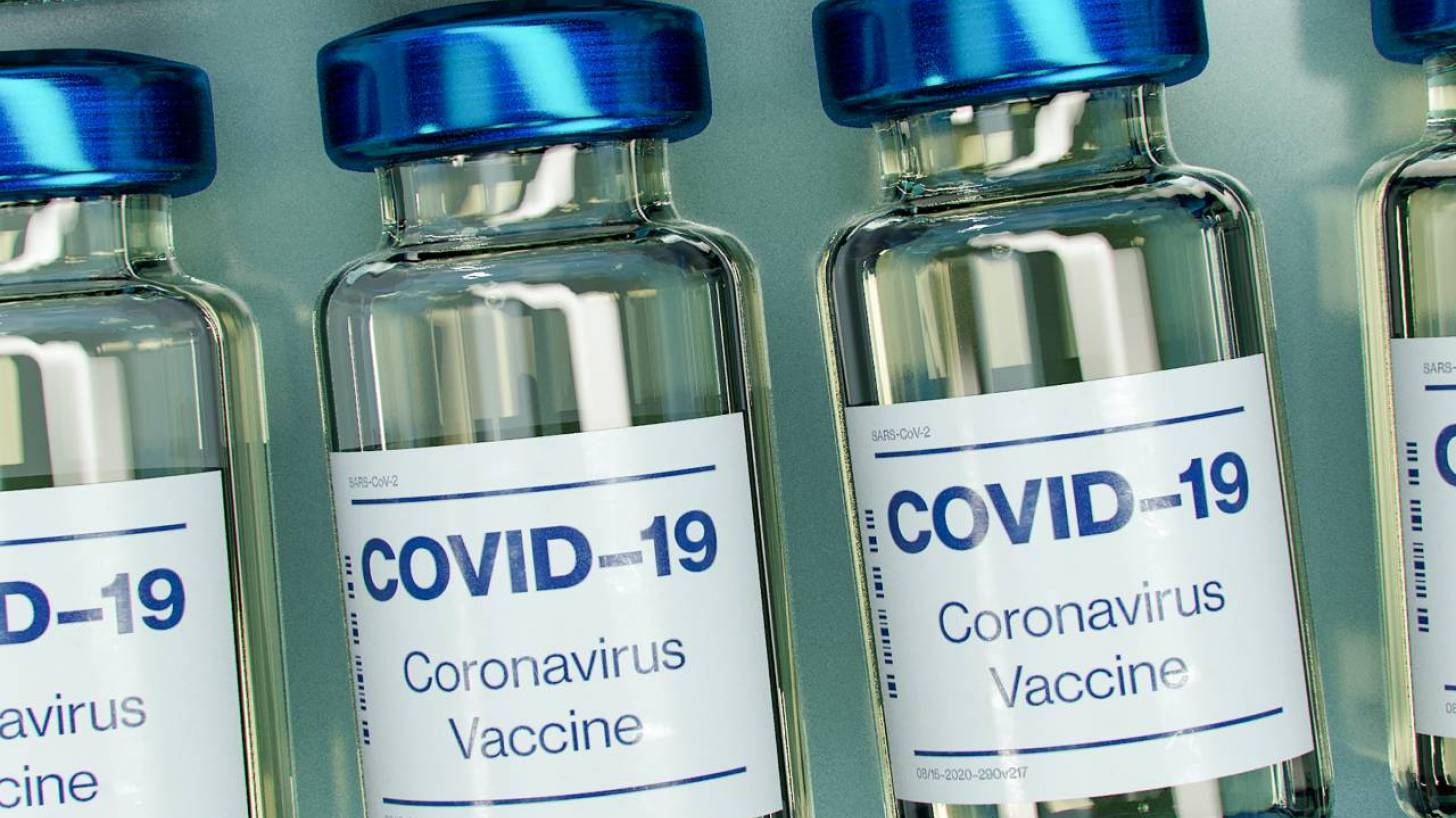Follow Vaccine Dosing Schedules Says the U.S. FDA

Two different experimental mRNA vaccines have ‘now shown remarkable effectiveness of about 95 percent in preventing COVID-19 infection in adults,’ stated the U.S. Food and Drug Administration (FDA) leadership on January 4, 2020.
FDA Commissioner Stephen M. Hahn M.D. and the Director for Center for Biologics Evaluation and Research Peter Marks M.D., Ph.D., continued to say in a press statement, ‘We have been following the discussions and news reports about reducing the number of doses, extending the length of time between doses, changing the dose (half-dose), or mixing and matching vaccines to immunize more people against COVID-19.’
‘However, at this time, suggesting changes to the FDA-authorized dosing or schedules of these vaccines is premature and not rooted solidly in the available evidence.’
‘Without appropriate data supporting such changes in vaccine administration, we run a significant risk of placing public health at risk, undermining the historic vaccination efforts to protect the population from COVID-19.’
The available data continue to support the use of two specified doses of each authorized vaccine at specified intervals.
For the Pfizer-BioNTech COVID-19 vaccine known as Comirnaty, the interval is 21 days between the first and second doses. And for the Moderna COVID-19 vaccine (mRNA-1273), the interval is 28 days between the first and second doses.
‘What we have seen is that the data in the firms’ submissions regarding the first dose is commonly being misinterpreted.’
‘In the phase 3 trials, 98 percent of participants in the Pfizer-BioNTech trial and 92 percent of participants in the Moderna trial received two doses of the vaccine at either a three- or four-week interval, respectively.’
‘Those participants who did not receive two vaccine doses at either a three-or four-week interval were generally only followed for a short time, such that we cannot conclude anything definitive about the depth or duration of protection after a single dose of vaccine from the single-dose percentages reported by the companies.’
‘Using a single-dose regimen and/or administering less than the dose studied in the clinical trials without understanding the nature of the depth and duration of protection that it provides is concerning, as there is some indication that the depth of the immune response is associated with the time of protection offered.’
‘If people do not truly know how protective a vaccine is, there is the potential for harm because they may assume that they are fully protected when they are not, and accordingly, alter their behavior to take unnecessary risks.’
‘We have committed time and time again to make decisions based on data and science. Until vaccine manufacturers have data and science supporting a change, we continue to strongly recommend that health care providers follow the FDA-authorized dosing schedule for each COVID-19 vaccine,’ concluded these FDA officials' comments.
Previously, on December 31, 2020, the NEJM published an article reviewing Moderna’s vaccine phase 3 study. These researchers stated ‘a two-dose regimen of BNT162b2 conferred 95 percent protection against Covid-19 in persons 16 years of age or older.’
And, ‘in the interval between the first and second doses, the observed vaccine efficacy against COVID-19 was just 52 percent, and in the first 7 days after dose 2, it was 91 percent, reaching full efficacy against disease onset at least 7 days after dose 2.’
The FDA is an agency within the U.S. Department of Health and Human Services, protects public health by assuring the safety, effectiveness, and security of human and veterinary drugs, vaccines, other biological products for human use, and medical devices.
PrecisionVaccinations publishes research-based vaccine news.
Our Trust Standards: Medical Advisory Committee

























